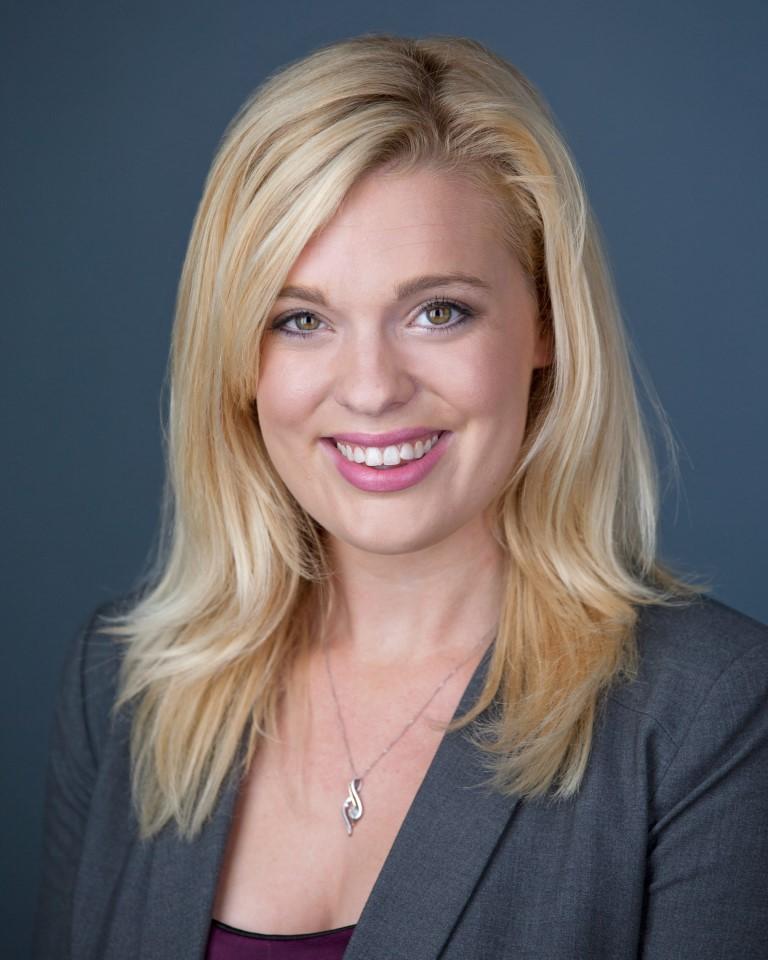Erika Northcutt

MENTOR SPOTLIGHT | SEPTEMBER 2017
Department: Graduate student, Department of Pharmacology and Toxicology
Describe your work in a few sentences that we can all understand: My work focuses on trying to develop a new medication that can be used to cure and prevent Alzheimer’s disease. Currently, 5 million Americans suffer from Alzheimer’s disease, but there are no cures or preventions. I focus on trying to improve energy conditions in the nerves in order to preserve the brain.
Q: How did you first get interested in doing research?
A: I actually started research as an undergraduate in Dr. Marco Bortolato’s animal behavior lab. I really enjoyed the idea of expanding the current knowledge base. Medicine was attractive to me at the time, but I decided I would rather help answer the many questions we still have about human health and cognition.
Q: What do students in your discipline learn by doing research that they wouldn’t learn by just taking classes?
A: I think that students learn that science is a process, rather than a textbook, class, or body of knowledge. Many science classes present the facts, but not how we know them or how we found them out. I think that seeing the behind the scenes view of science gives students a new appreciation for how much we do know, but also how much is left to find out.
Q: What do you find to be the most exciting part of doing research or creative work? What makes this line of work meaningful and interesting to you?
A: For me, the most exciting part of research is seeing things come together, whether that is in a presentation, a poster, or a paper. There is a sense of accomplishment in being able to present a full story, to be able to say that this was previously a question, and here is the full answer. The most meaningful, however, is understanding how my research affects real people. My grandma had Alzheimer’s disease before passing away about half way through my PhD. Knowing that my research could someday prevent people like her, and families like mine, from dealing with that kind of tragedy means a lot.
Q: What advice do you have for undergraduates interested in doing research in your field?
A: My advice is to jump right in. There is always work to be done, and you will absolutely find something interesting to you. I would also say to take advantage of the presentations of research that are everywhere on campus. If you walk through Malott or Haworth hall, you’ll always find a flyer for an upcoming research presentation. Or check out the Commons for the Red Hot Research schedule. Nothing makes me feel better than when someone comes and asks thoughtful questions after a presentation, so don’t be afraid to ask your questions. I think that there are a lot of opportunities on campus for students to explore and find out what they are passionate about.
Q: For many students, doing research or a larger creative project is the first time they have done work that routinely involves setbacks and the need to troubleshoot problems. Can you tell us about a time that your research didn’t go as expected? Or about any tricks or habits that you’ve developed to help you stay resilient in the face of obstacles?
A: Early in my project, I was looking at protein levels, and the results just weren’t what I expected. From the results, it seemed like I was messing up the test. I had repeated it a dozen times and was so frustrated I just didn’t know what to do with myself. I took the data to my mentor, Dr. ShiDu Yan, and found out that the test wasn’t done incorrectly; I had actually stumbled onto a new phenomenon we didn’t know was occurring in our data. It led to a new line of research. The moral of that story is to not struggle in silence. In a research environment, there are always people around willing and able to help. My biggest piece of advice is to accept that failure of an experiment or a hypothesis is not a personal failure; you didn’t fail, the test did. Shake it off, and try again.
Q: How do you spend your time outside of work?
A: Graduate school is pretty demanding, so I don’t have a lot of time off (which is why these are boring). When I am out of work, I like to go running with my dog Dolly or read a book. My guilty pleasure is binge watching Parks & Rec whenever I get the chance.